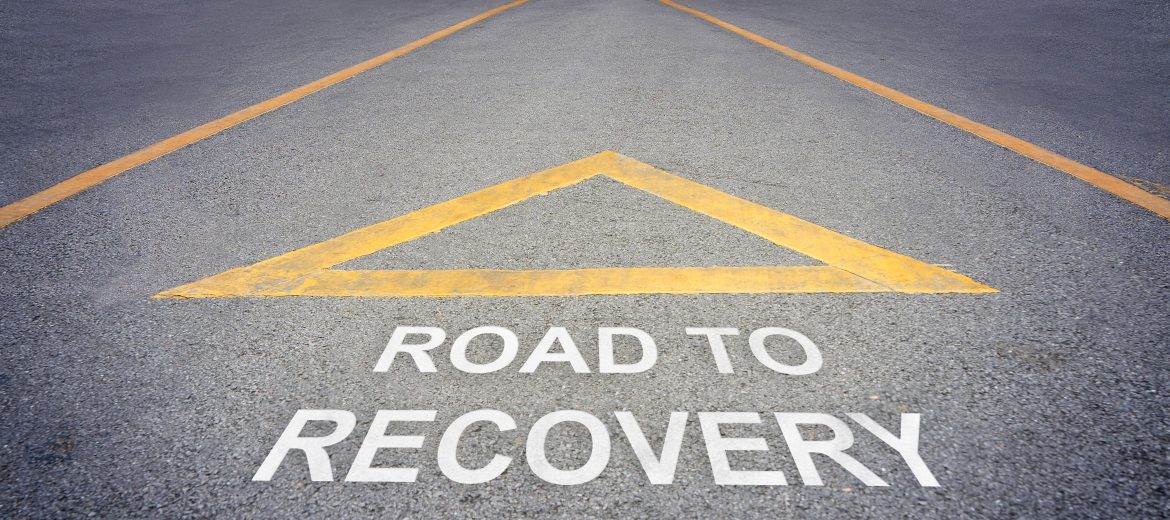How To recover from Sleeve Gastrectomy in the Shortest Time

Do’s and Don’ts for Successful Recovery From Sleeve Gastrectomy
By: Jody MacHugh, FNP-BC, CBN, RNFA
The sleeve gastrectomy is a bariatric procedure that is typically done laparoscopically. That means you will only have 5-6 small incisions on your abdomen. Successful recovery from sleeve gastrectomy begins as soon as you leave the operating room and you have rested enough.
Within a few hours of your surgery, you will begin walking. Ambulation is very important to keep your circulation moving. This will help prevent complications associated with blood clots and pneumonia.
What to expect after going through sleeve gastrectomy
- After being discharged from the hospital, which typically occurs the next day, you will be encouraged to continue walking. Although rest is important, you must remain as active as you can tolerate.
- Due to anesthesia and dietary restrictions, you may find yourself tired and easily fatigued. This is normal and may last for several weeks. Rest when needed.
- It is normal to have some pain after surgery. You may have incisional soreness and/or gas discomfort.
- Nausea can occur after a sleeve gastrectomy but should be mild and short lived.
- Most patients can return to work during the first 1-3 weeks after surgery.
Things you can do after sleeve gastrectomy
- You may walk as far as you like. Start slowly and gradually increase your distance. Climbing stairs is fine, just go slowly and use handrails for safety.
- You may shower 2 days after surgery.
- You may drive 3 days after surgery
- If you plan to use a vitamin patch, please resume this as soon as you get home from the hospital.
Things you should not do after sleeve gastrectomy
- Do not do any heavy lifting for the first 4-6 weeks after surgery.
- Remember to avoid anti-inflammatory medications (Advil, Motrin, Ibuprofen, Naproxen) as they can be harmful to the stomach.
- Hold off on tub bathing or swimming for 4 weeks.
- If you will be taking chewable or liquid vitamins, refrain from starting until you begin your protein shakes.
- Do not drive if you are taking pain medication which can make you drowsy.
What to expect from your surgeon or nurse practitioner
- Your surgeon or Nurse Practitioner will provide you with a small amount of pain medication to use as needed. You may also use Tylenol.
- You will be provided with anti-nausea medication before leaving the hospital to prevent any vomiting.
Our team is always here for you, if you have any questions about your recovery. Do not hesitate to call us or visit our treatment facilities near you.












